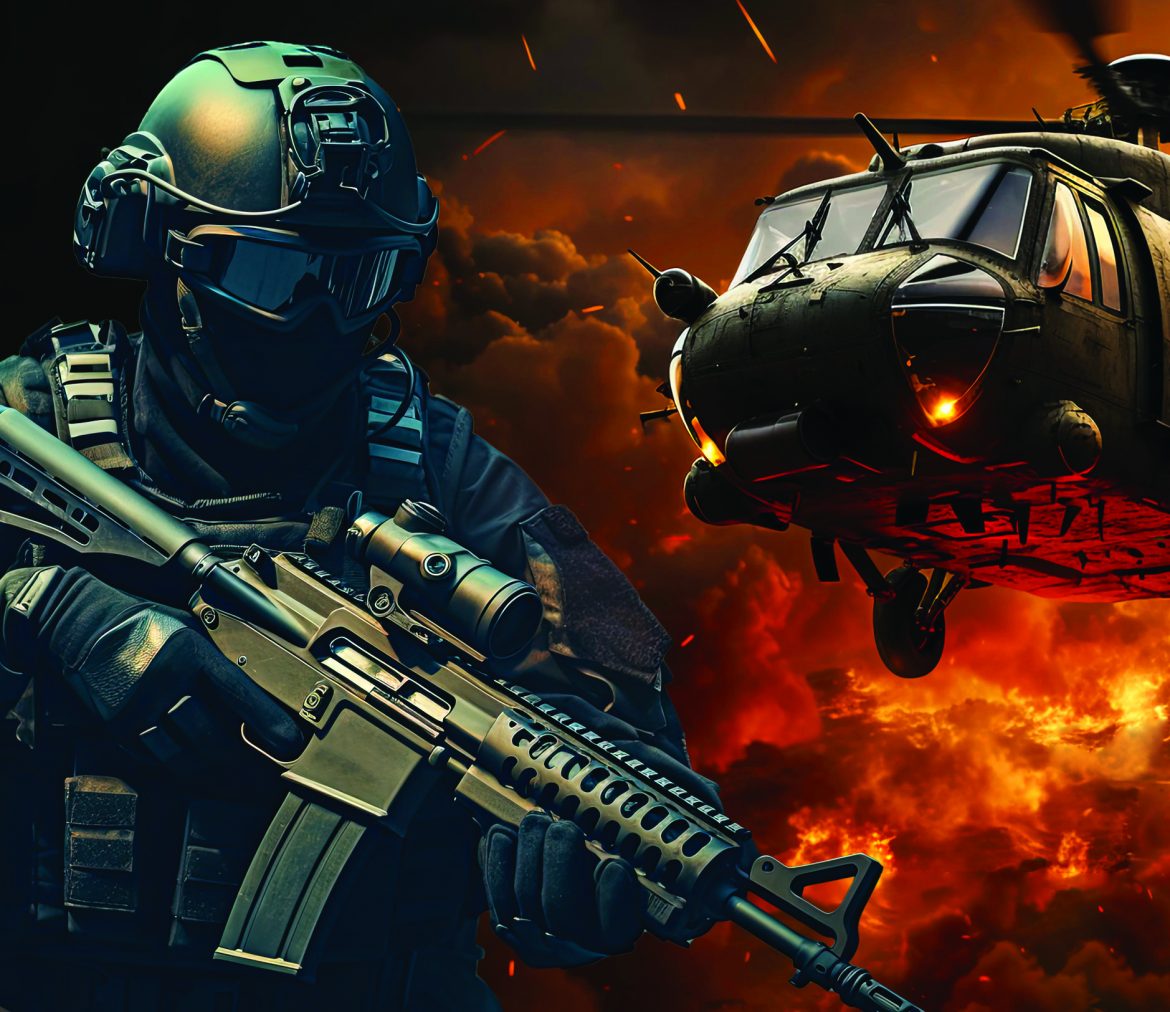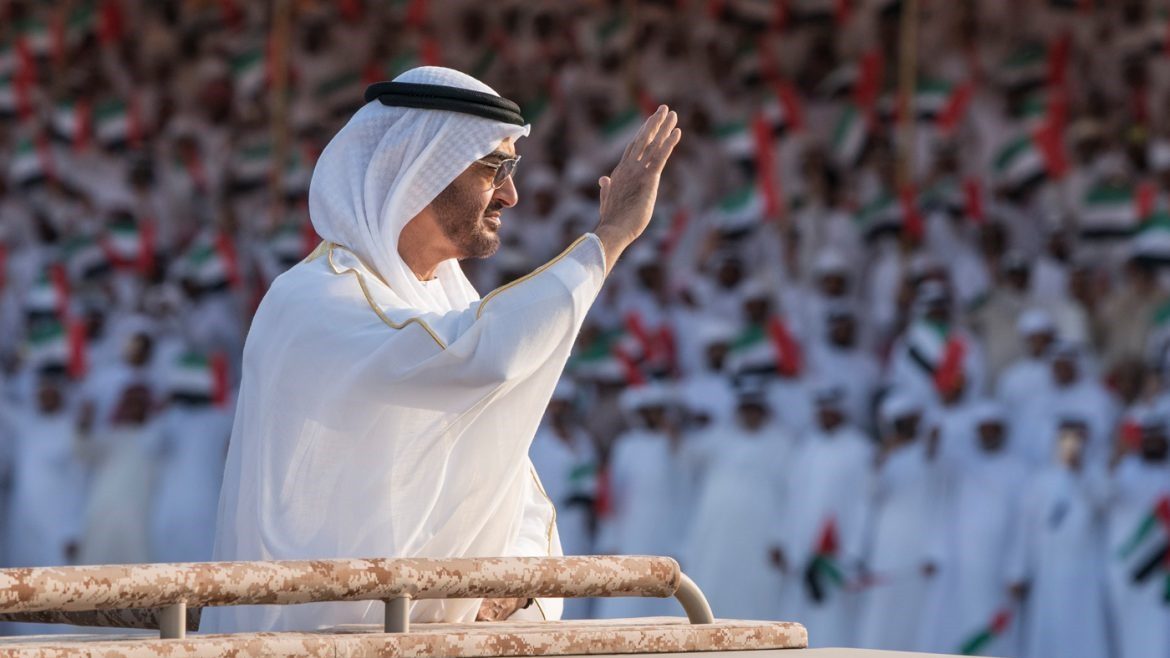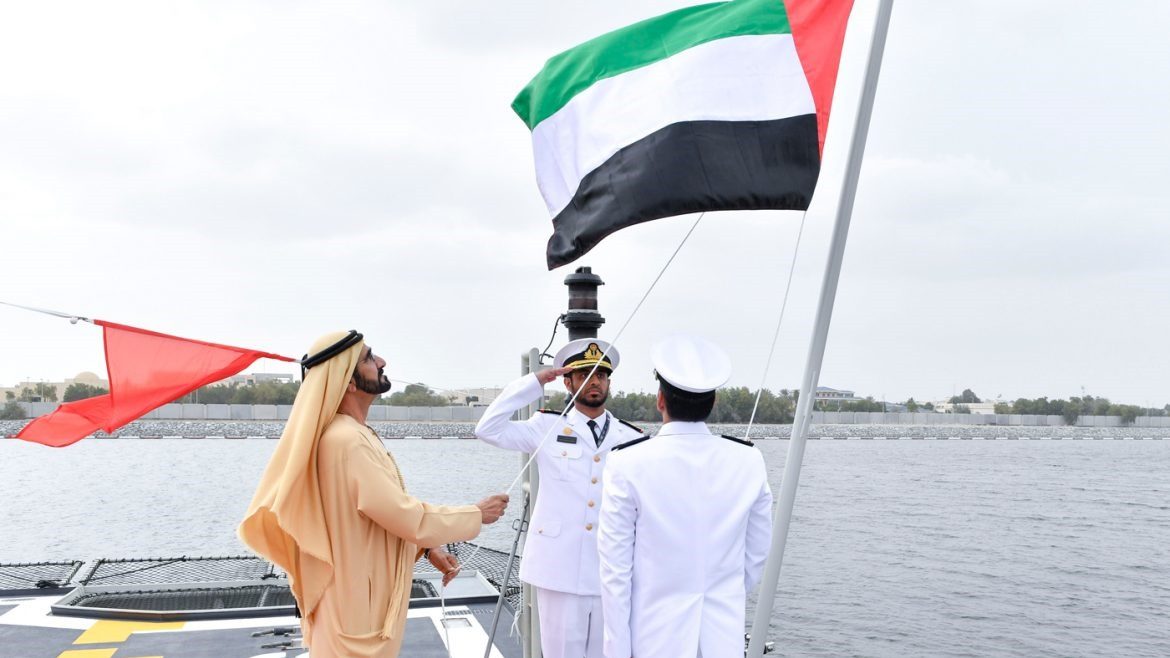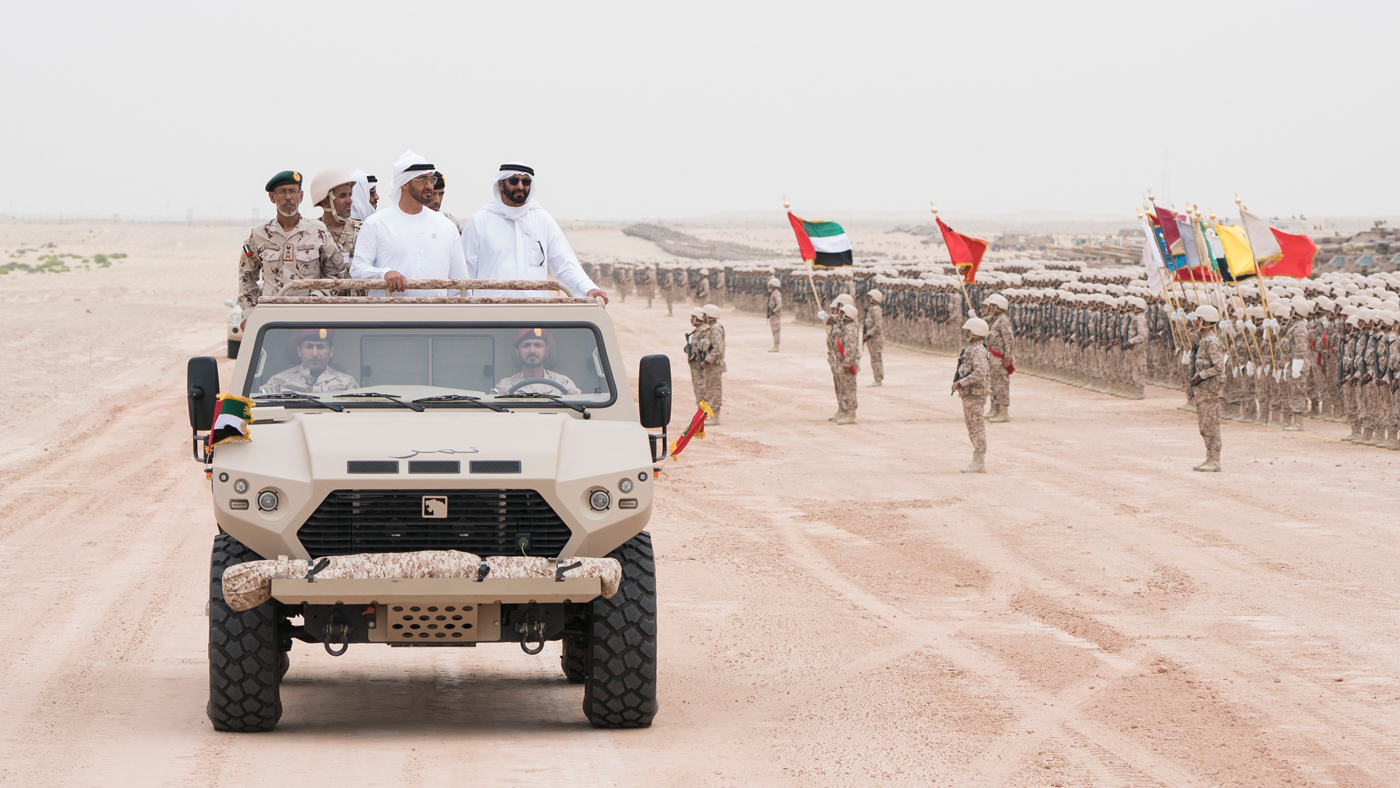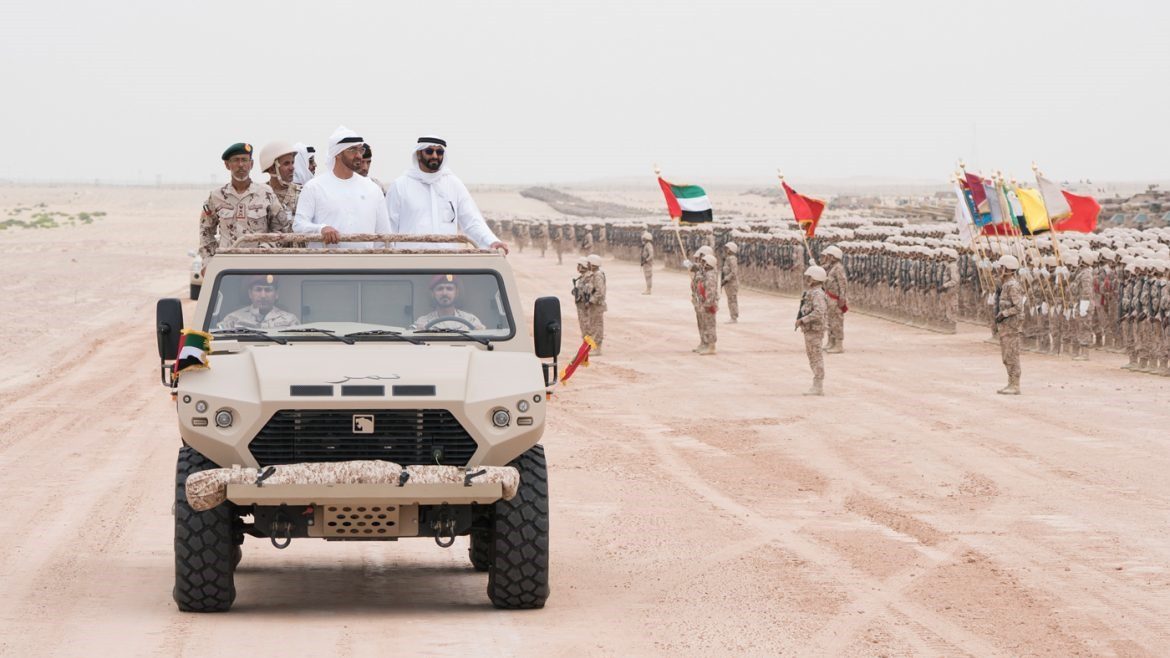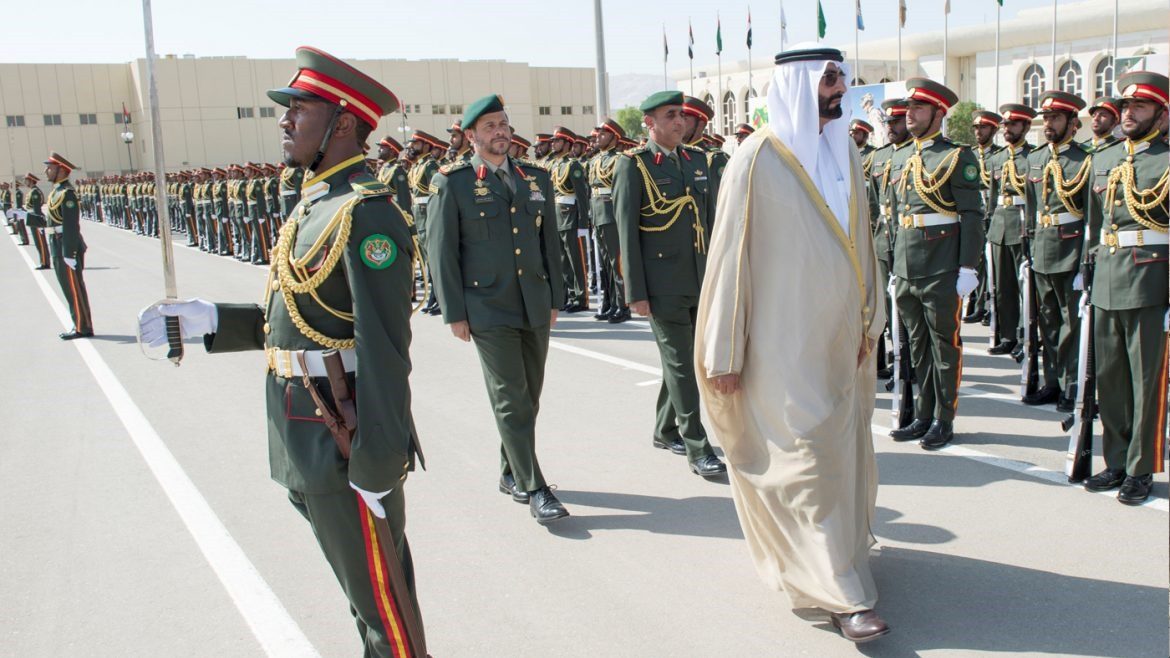Military police (MP) play an indispensable role in operational success, a fact emphasised throughout military literature and practice. In Cobra II (2006), a book by Michael Gordon and General Bernard Trainor on the planning of the Iraq War, the authors quote senior leader Robert Perito, who asserted: “To maintain security and utilise the necessary force to control the situation, trained police forces are required to manage civilians.” This statement reflects the critical importance of the MP in maintaining order and supporting military commanders.
The importance of the MP has been evident since World War II, where their contributions ranged from establishing secure supply routes to managing prisoners of war and maintaining traffic flow during Allied offensives. These actions enabled combat forces to advance more effectively, significantly contributing to the swift defeat of Germany and Japan. This operational foundation evolved during the Vietnam War when MPs prioritised securing lines of communication and safeguarding vital facilities. Their role expanded further during the Iraq War, where they executed a wide range of tactical and operational duties, including stabilisation efforts and rebuilding destroyed police forces. Across different eras, MPs have consistently played a vital role in achieving the tactical and operational objectives of armies.

Multipurpose Capabilities
The MP’s diverse responsibilities encompass support for ground, naval, and air forces, including:
Securing operational areas.
Supporting intelligence gathering and investigations.
Enforcing military laws and maintaining discipline.
By working closely with combat units, MPs create a safe and disciplined operational environment. Their presence is essential for mission success, ensuring security and enabling the smooth execution of military operations.
Core Functions
The pivotal role of the military police in the armed forces is indispensable for ensuring the smooth execution of military operations. They maintain security, order, and discipline while upholding military standards of conduct on and off the battlefield. Their responsibilities encompass safeguarding personnel, equipment, and facilities; enforcing military regulations; supporting combat efficiency; and fostering accountability and effectiveness in every operation they undertake. This requires MP units to work closely with infantry units, perform specialised roles, and navigate complex challenges with tactical proficiency, legal knowledge, and adaptability. As they operate within the complexities of dynamic operational environments and international deployments, their expertise is a cornerstone of effective military governance.
In combat zones, the military police play a critical role in detainee operations, handling and managing individuals captured during armed conflict. They are tasked with ensuring the humane treatment of detainees per legal protocols and military regulations. This involves conducting thorough investigations to gather intelligence while safeguarding the rights of detainees. Furthermore, MPs are responsible for maintaining security and order within detention facilities to prevent escapes or manage disturbances that could jeopardise mission success. Often collaborating with intelligence units, they extract valuable information from detainees that can support ongoing military operations. This delicate balance requires the military police to navigate complex legal and ethical considerations as they carry out their duties.
Moreover, managing detainee operations in combat zones demands extensive training in interrogation techniques, conflict resolution, and cultural sensitivity. The military police must be prepared to adapt to rapidly changing conditions, ensuring the safety of both detainees and military personnel while adhering to professional standards and established procedures.
Additionally, MP units are instrumental in enforcing military regulations within the armed forces. They ensure discipline and adherence to established protocols, maintaining order and security within military units. By monitoring and enforcing regulations, they uphold the expected standards of conduct among soldiers, reinforcing the chain of command and organisational structure.
One of the fundamental duties of the military police is to investigate and promptly address any violations of military rules and regulations. This involves conducting comprehensive investigations into alleged infractions, gathering evidence, and taking appropriate disciplinary actions when necessary. Such enforcement processes are vital for fostering a culture of accountability, maintaining the integrity of the military institution, and ensuring a professional, disciplined environment that contributes to successful military operations.
The enforcement of military regulations by MP units spans a wide range of areas, including security protocols, equipment handling procedures, and operational guidelines. This proactive approach to enforcing regulations enhances compliance with established standards, ultimately improving the readiness and effectiveness of military units.
The military police often collaborate with civilian law enforcement agencies, sharing resources, expertise, and best practices to address complex security challenges. This cooperation ensures seamless coordination between military and civilian authorities in maintaining public safety and supporting the rule of law. By bridging the gap between military and civilian law enforcement, the military police strengthen overall security measures and enhance the effectiveness of law enforcement efforts within their operational areas.
The partnership between the military police and civilian law enforcement extends beyond routine operations to include joint training exercises, information-sharing initiatives, and coordinated responses to emergencies or criminal activities. This synergy enables a comprehensive approach to tackling complex security challenges and maintaining order in diverse environments. Through mutual cooperation and communication channels, law enforcement agencies can effectively address shared threats and uphold the rule of law. In scenarios where military operations intersect with civilian jurisdictions, collaboration ensures legal compliance, adherence to human rights standards, and respect for due process. This alignment between the military police and civilian law enforcement fosters accountability, transparency, and respect for legal frameworks while protecting individual rights.
Ultimately, integration with civilian law enforcement not only enhances the capabilities of MPs in supporting military operations but also strengthens a broader network of support and cooperation for upholding the rule of law. This symbiotic relationship underscores the importance of synergy between military and civilian authorities in safeguarding security, promoting justice, and protecting individual rights within society.

Specialised Roles and Training
The military police undertake a diverse range of specialised roles tailored to specific areas of expertise. These roles encompass investigations, intelligence gathering, K-9 units, and special operations support. Investigative specialists conduct thorough inquiries into breaches of military law and criminal activities, ensuring discipline and order within the armed forces.
Intelligence specialists play a crucial role in collecting and analysing information to support military operations, protect personnel, and enhance situational awareness. Highly trained K-9 units assist in detecting explosives and narcotics, as well as providing vital support in search-and-rescue missions. Their unique capabilities bolster security measures and contribute to the overall efficiency of military police operations. Special operations support specialists are tasked with providing security and logistical assistance to special forces units during sensitive missions. Rigorous training equips military police personnel to operate in high-risk environments and respond effectively to dynamic situations. These specialised roles highlight the strategic importance of tailored expertise in enhancing the overall effectiveness of law enforcement within the military context.
Support for Military Justice
Supporting the military justice system is a core responsibility of the military police. They play a pivotal role in maintaining discipline and order within the armed forces by ensuring the effective enforcement of military laws and regulations. Military police officers often act as lead investigators in cases involving breaches of military law, contributing their expertise to the judicial process.
In addition to investigating potential violations, the military police work closely with the military judiciary to gather evidence, conduct interviews, and facilitate smooth judicial proceedings. Their involvement is critical to upholding the integrity and credibility of the military justice system. By providing security for legal proceedings and assisting in the execution of court orders, the military police contribute to the fair and impartial administration of justice.
Military police units may also oversee the detention and transportation of military prisoners, ensuring that individuals facing legal action are managed securely and per military regulations. Their support extends to safeguarding the rights of both defendants and victims, promoting transparency and adherence to due process.
Specialised Training Programmes
Military police undergo rigorous training to prepare for their vital roles in military operations. This training encompasses a broad range of skills, including law enforcement, combat tactics, and specialised knowledge relevant to their duties. Through intensive physical conditioning and theoretical education, recruits acquire the expertise needed to manage the complex and demanding nature of their work.
Military police training emphasises adherence to regulations and protocols while also engaging in real-world scenarios to simulate the dynamic environments they may encounter. This hands-on approach allows trainees to develop practical experience in managing security threats, conducting investigations, and ensuring the safety of personnel under their jurisdiction.
Additionally, specialised training programmes focus on enhancing communication skills, conflict resolution techniques, and cultural awareness to interact effectively with diverse populations. Continuous education and skill development form an integral part of military police training. Regular drills, workshops, and simulations keep personnel updated on the latest tactics, technologies, and legal requirements.
Collaborative training efforts with civilian law enforcement agencies further enhance interoperability and coordination in joint operations, strengthening overall security measures.
Collaboration in Operational Theatres
Military police frequently collaborate with infantry units to enhance the effectiveness of ground operations. This alliance ensures seamless coordination and increases mission success in challenging environments. During deployments and missions, the military police work alongside combat forces, providing critical support across various operational tasks. In combat zones, the military police take on the vital responsibility of handling detainee operations, and ensuring the safe and lawful management of individuals captured during military engagements. This specialised role requires precision, strict adherence to protocols, and a thorough understanding of legal frameworks governing detainee treatment. The partnership between military police and infantry units underscores the importance of consistent teamwork in achieving military objectives. By integrating their distinct skill sets and operational capabilities, these components create a synergistic force capable of excelling in complex and dynamic battlefield scenarios.
Military police officers are trained to adapt to dynamic and often high-stress situations alongside combat forces. They provide essential support during deployments and missions, offering expertise in areas such as detainee operations, crowd control, and conflict resolution. This collaboration enhances the effectiveness of military operations by seamlessly integrating law enforcement capabilities into combat scenarios, which is crucial for maintaining order and discipline in complex, ever-changing environments.
Moreover, close coordination between the military police and combat forces fosters a unified operational approach. Whether patrolling, securing areas, or responding to incidents, the synergy between MP and infantry units ensures a comprehensive and coordinated response to challenges faced by the military in the field. This symbiotic relationship highlights the seamless integration of law enforcement and military functions in ensuring the overall effectiveness and success of military operations. Through their collaborative efforts, the military police significantly contribute to the safety, security, and efficiency of missions, underscoring their pivotal role within the broader scope of military operations.
Deployment and Mission Support
The support roles performed by MPs during deployments and missions are critical to ensuring operational effectiveness and safety. They enhance overall military capabilities by providing security, logistical support, and law enforcement functions during deployments and missions. These roles encompass a range of support functions vital to the success of military operations:
1. Providing Security: MPs play a crucial role in maintaining order and security during deployments and missions. They establish security perimeters, and patrol areas, and ensure the safety of personnel and resources in conflict zones.
2. Traffic Control and Route Security: MPs facilitate the flow of traffic, manage checkpoints, and ensure convoy security to enable the movement of military units in hostile environments. This includes enforcing road regulations, conducting vehicle inspections, and safeguarding vital supply routes.
3. Base Defence Operations: MPs are responsible for securing military facilities and bases during deployments and missions. This involves perimeter patrols, checkpoint management, and addressing security breaches to protect personnel and assets.
Future Trends in Military Police Operations
Rapid technological advancements play a pivotal role in shaping the future of Military Police operations. Enhanced surveillance technologies, such as drones and AI-driven monitoring systems, are poised to increase the efficiency and effectiveness of MP activities in the field. This technological integration will enable MP units to adapt swiftly to evolving threats and challenges, bolstering overall operational capabilities. A continued shift towards increased specialisation within MP units is expected. As military operations become more complex, there will likely be a rise in specialised roles serving distinct areas such as cyber investigations, counterterrorism, and crowd management. This trend underscores the necessity for MPs to stay abreast of modern security threats and maintain a proactive stance in addressing emerging risks.
The future landscape of MP operations is also likely to feature a stronger emphasis on international collaboration and coordination. As global security concerns transcend national borders, MP units may participate in more frequent joint training exercises and information exchanges with allied forces. This cooperative approach is critical for enhancing interoperability and ensuring a unified response to external security challenges. Finally, there will be a heightened focus on the ethical and legal dimensions of future MP operations. Stricter adherence to human rights standards, transparency in decision-making processes, and robust accountability mechanisms will be essential. Upholding these principles not only legitimises MP actions but also fosters trust and credibility at both local and international levels.
By: Retired Colonel Eng. Khaled Al-Ananzah
(Advisor and Trainer in Environmental and Occupational Safety)


